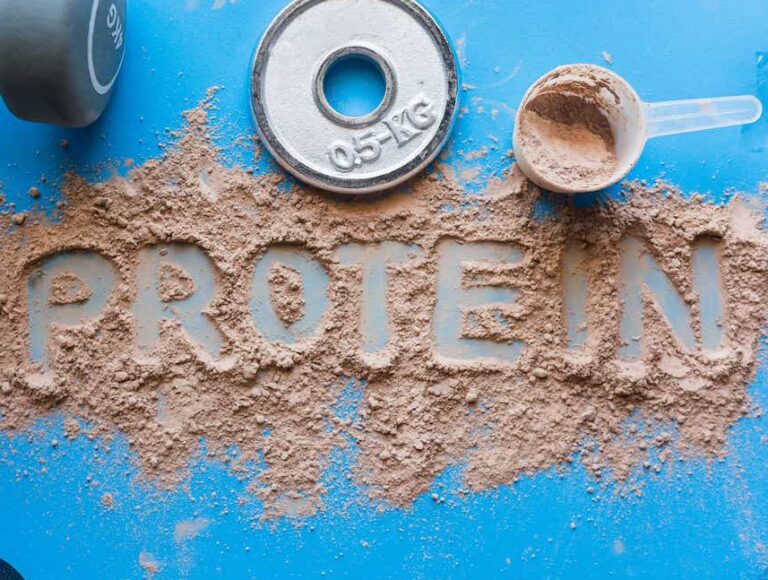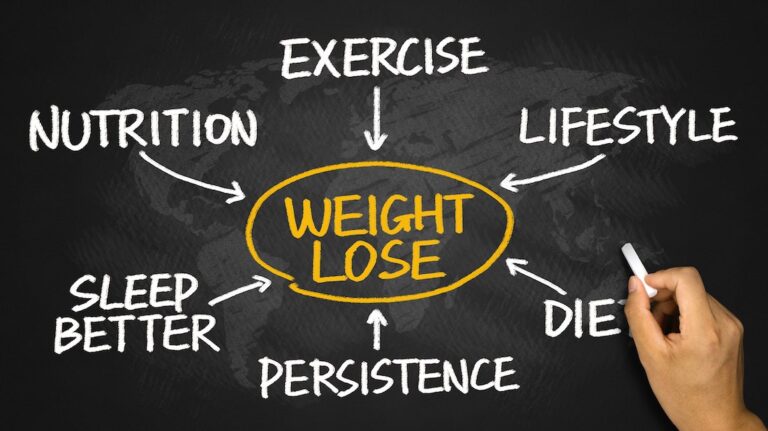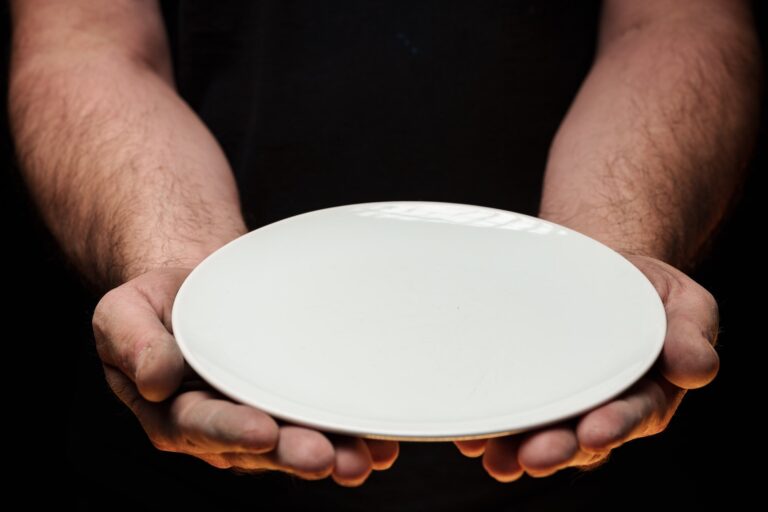There is much evidence that intermittent fasting helps with weight loss, better concentration, cleaner skin and many other health effects such as improving and reducing the symptoms of type 2 diabetes.
Should you start Intermittent Fasting?
Recently, the popularity of intermittent fasting has increased. We have received several requests for tips on what to eat and how to do it. In this article, I’ll share some tips that made my adjustment to fasting much easier.
In the media and social channels today, fasting is portrayed as being all about not eating and that it is either very healthy for the body or very harmful. There is little focus on how to do it correctly and safely and what can help those who want to start fasting. So here are some tips on what has helped me get started with my fasting diet.
1. Eat when you get dizzy
To make it easier to get started with fasting is that there is no quick fix. There are many positive effects that can act as a reset of your metabolism and at the same time have anti-inflammatory effects on the body and diseases. But if you feel dizzy, lightheaded or unwell, it’s time to eat and try again the next day. Move the dining hatch a little at a time if your body can’t handle it. If you don’t give up, you’ll get there in the end.
2. Eat nutritious food
If you fast for 18 hours and then look forward to eating your fill with a “clear” conscience on refined products, snacks and carbohydrates, it’s almost certainly not good for your body as you will have a sky-high insulin level when you have your lunch break.
If you feel good, it’s a good idea to wait as long as you can before eating. If you’re not feeling well, however, there are several methods that can help and it may be better to take it easy.
It’s easier to cook two nutritious meals than to plan six meals with good composition
If you’re like me, you should take it step by step. I started changing my lifestyle three years ago and have been practicing fasting for a long time. The longest I’ve gone is 48 hours with nothing but mct oil a few times a day.
If I didn’t get food every two hours at work, my focus quickly disappeared. On the way home from the office, I had to buy myself a soda and some chocolate so I wouldn’t be in a super bad mood when I got home.
Potivive Effects
There are many positive effects of intermittent fasting. The biggest is probably forcing the body to produce more ketones, which have been shown to have many positive health benefits and can be referred to as the brain’s “superfuel”. For a more detailed description, see our complete guide to intermittent fasting
I feel more in place and full of energy when I fast. The longer it’s been since I’ve eaten, the better my focus. Even on boring tasks that I used to dislike.
You Who Are New
If you start fasting now and have been living a typical Norwegian diet with potatoes, pizza and snacks as snacks. So, your metabolism will take some time before it is able to produce ketones on a 16-hour fast. The process is beginning and it’s great that you’ve started or are about to start.
3. Cut out carbohydrates or refined products
Replace carbohydrates and sugar with more vegetables, salad, fermented products, avocado, dry roasted nuts (preferably walnut kernels) and plenty of eggs, meat and fish. Salmon is great with lots of good fatty acids. Cheese, sour cream. Yes, I could stay here for a long time. But now you have some tips on what to focus on.
Another winner that helps you meet your calorie needs and has lots of positive effects on health is cold-pressed olive oil. Remember! Cold pressed.
Mct oil consists of medium-chain fatty acids. Digests right in the liver and is definitely recommended for new fasters.
4. You must get enough salt
During the fasting period, the body will already begin to excrete excess water. In the same process, the water will carry a lot of minerals out of the body. That is, salt, magnesium, potassium, calcium in particular.
What really helps me if I feel a little tired during fasting is half a teaspoon of Himalayan salt in a glass of water. If you exercise during Lent, this is even more important, as you quickly excrete a few grams of salt during exercise.
Remember, in addition to the body excreting many minerals with the excess water, you will eat far less salt. Most refined products are full of salt. Salt must be added to vegetables, avocados, eggs etc. 2-3 teaspoons of salt may be appropriate for many people if you are healthy to begin with. Consult a doctor.
5. Hang in there, it will work for you and
Don’t hit the ground or get stuck until you can’t get up because you’re out of energy/food. You feel sick and unwell. you eat before you need to. Just eat right! Then you try again the next day.
I’m sure that if you stick it out long enough for your metabolism (i.e. digestion) to repair itself to get the full effect of fasting, you’ll never go back to swearing off breakfast and drinking milk or any fast carbohydrate before bedtime again. It is also important that you consult a doctor if you have any underlying illnesses etc.






